News: Centre of Excellence
How is the ‘Business of Climate’ impacting the ‘Climate of Business’?

WORKING PAPER 19: The European Union’s Green Deal introduces the Deforestation Regulation and Corporate Sustainability Due Diligence Directive (CSDDD) to ensure sustainable supply chains. These regulations pose challenges for exporters from Emerging Asia, especially smallholder producers, due to strict compliance and documentation requirements. Countries like Indonesia, India, and Malaysia are concerned about the economic burden and trade barriers these rules impose. While certification alignment could ease compliance, high costs remain a barrier. For a smooth transition, the EU needs to improve support mechanisms and foster greater collaboration with affected trading partners
[Read more about How is the ‘Business of Climate’ impacting the ‘Climate of Business’?]
Mapping networks of export credit for fossil and clean energy infrastructure
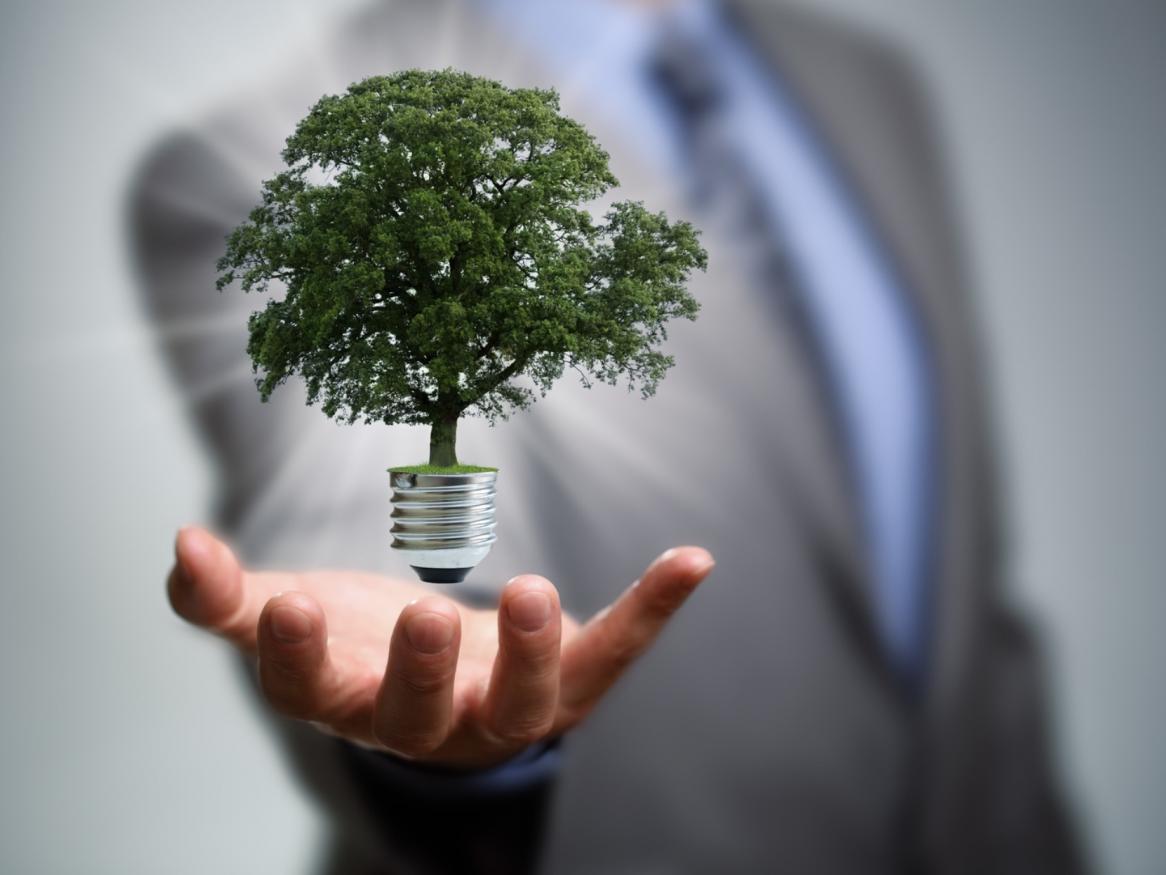
WORKING PAPER 16: Official Export Credit Agencies (ECAs) are pivotal in the global energy sector, investing billions annually in fossil fuel projects. They could significantly boost the energy transition by reducing risks in large projects and supporting climate finance goals. Our working paper analyzes ECA financing in Asia-Pacific, highlighting integrated fossil fuel lending across diverse nations without clear geopolitical divides, unlike the fragmented clean energy network dominated by a "China vs. the rest" pattern. To enhance ECAs' climate contributions, the study suggests ending fossil fuel financing, easing clean energy project requirements, increasing renewable energy funding, and expanding ECAs' roles via blended finance. The IEA stresses ECAs are crucial for achieving net zero by 2050.
[Read more about Mapping networks of export credit for fossil and clean energy infrastructure]
A Survey of Australians’ Attitudes to Trade with the European Union
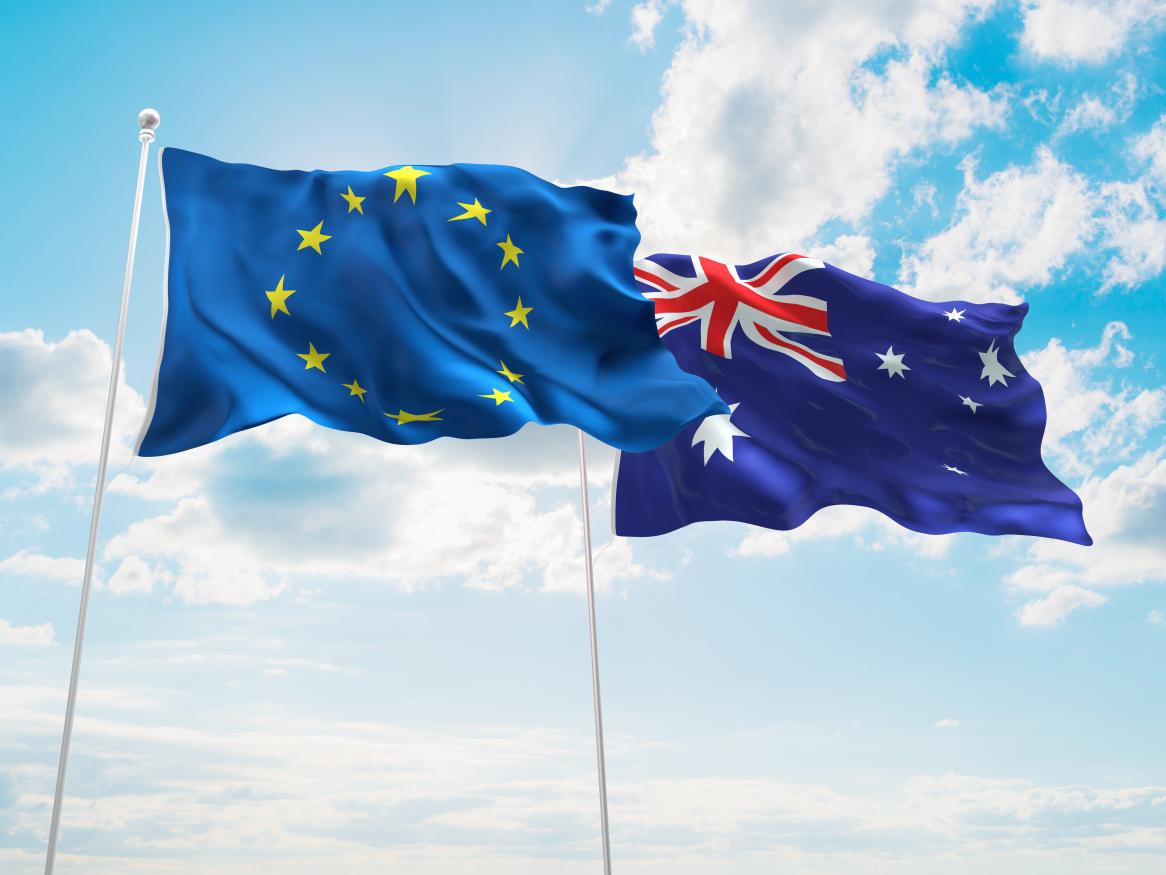
The re-election of EU Commission President Ursula Von der Leyen offers the prospect for restarting trade talks between Australia and the EU. Therefore, we are pleased to announce the results of our recently commissioned survey of Australians’ attitudes towards the European Union, and the delayed free trade agreement in particular. Overall, Australians strongly support the EU and the FTA. These results, and many other interesting findings that reinforce Australia’s growing partnership with the EU, are available here. Click "read more" to read the full report and results.
[Read more about A Survey of Australians’ Attitudes to Trade with the European Union]
International Trade and Sustainable Development: The Future of Climate and Biodiversity Governance

POLICY BRIEF No.26 - Dr. Tracey Dodd, Prof. Johanna Kujala, Dr. Riikka Tapaninaho, Dr. Annika Blomberg, Dr. Anna Hannula, Heta Leinonen, and Filippe Delarissa Barros. History shows that existing approaches to international treaties, like the Paris Agreement, have not yet delivered adequate action to avoid catastrophic climate change by the turn of the century. A new approach to climate and biodiversity governance is therefore needed. Specifically, one that can consider tensions brewing across the principles of national interests and trade liberalism, and the critical issue of sustainable development that can ensure global economic stability and continued productive trade between nations.
Carbon Border Tax: How the CBAM could hold great potential for Australian Business
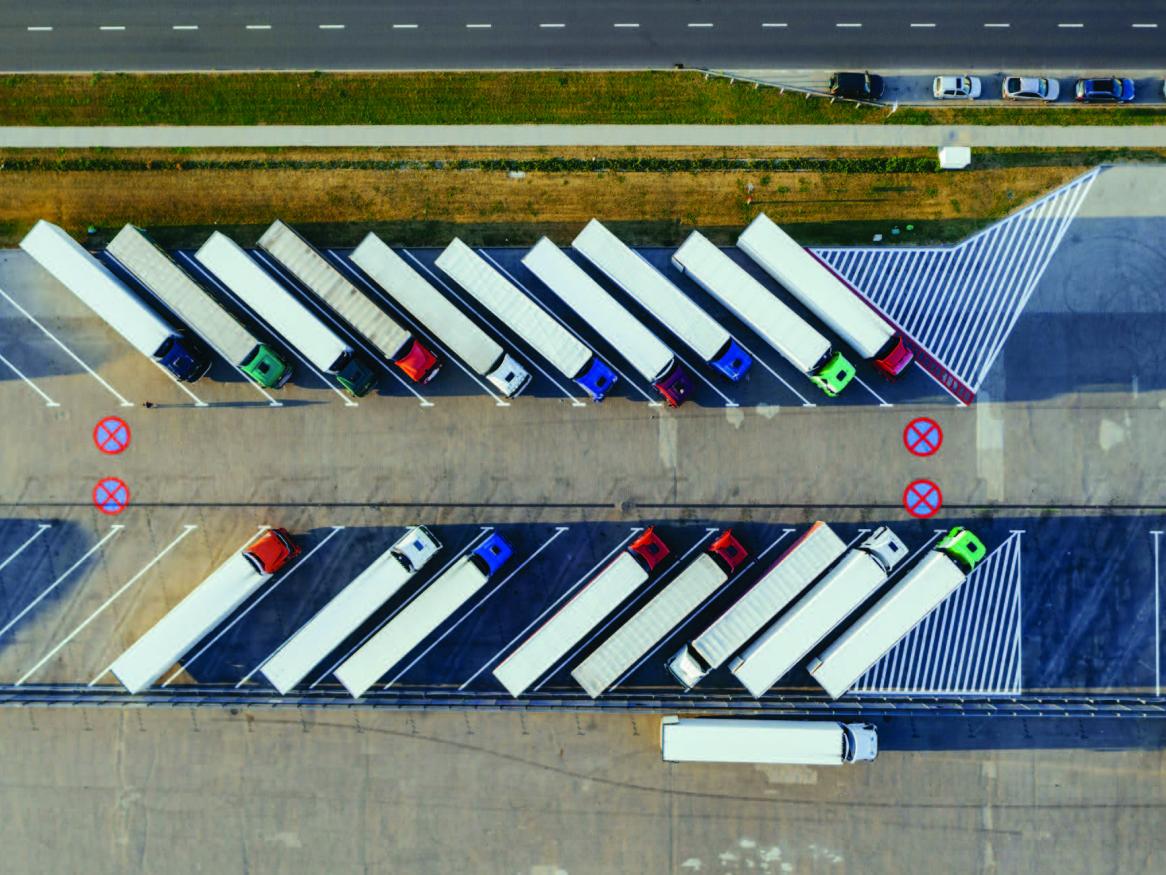
WORKING PAPER 14: Soon the Australian government’s Carbon Leakage review will recommend whether the country should adopt a border carbon tax, or not. In our latest Working Paper Dr Susan Stone sets out her reasoning for why we should.
[Read more about Carbon Border Tax: How the CBAM could hold great potential for Australian Business]
ACITI 2023 Annual Conference
IIT's Professor Peter Draper recently attended and presented at Australian Centre for International Trade and Investment 2023 Annual Conference.
This years focus: Emission, Environment and Energy: impact and implications for Australia's international trade and investment
Sustainability in European Union Trade Policy
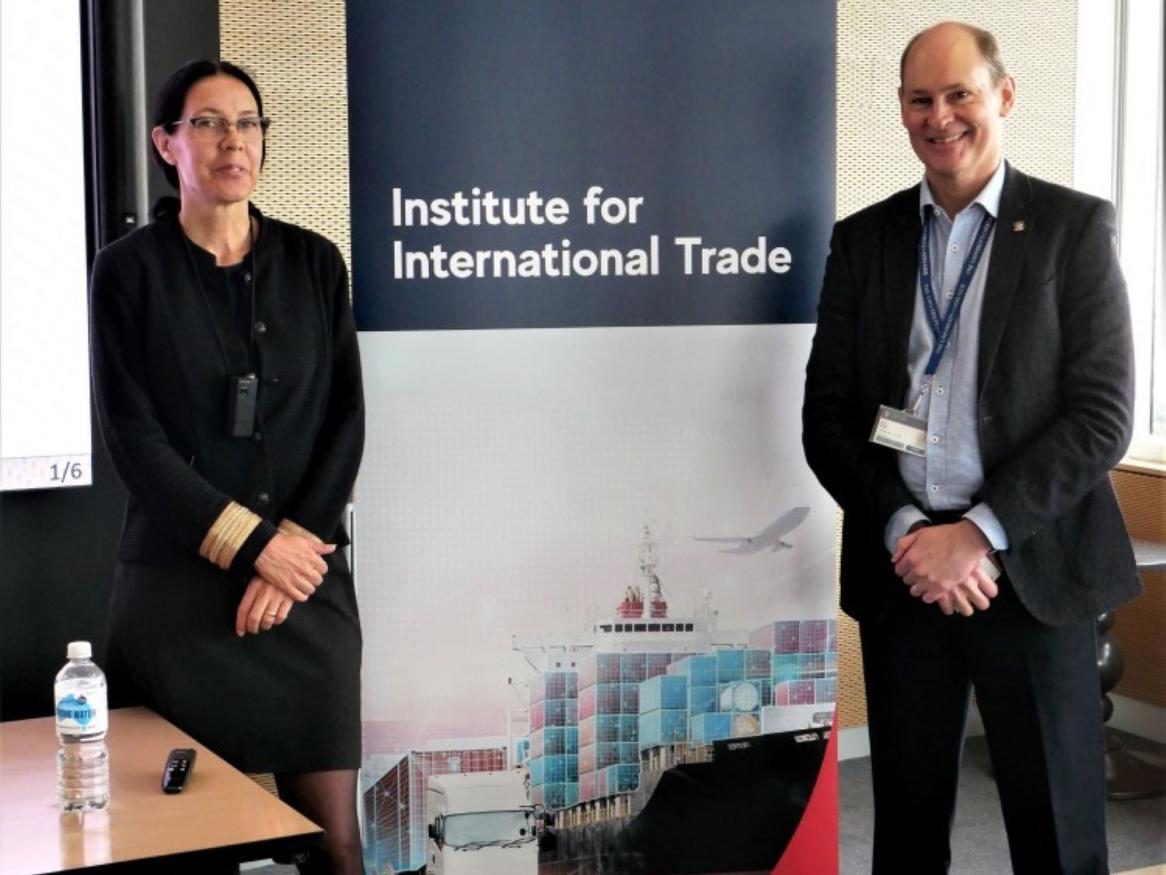
30 June, 2023. The Jean Monnet Centre of Excellence hosted its inaugural seminar on Sustainability in European Union Trade Policy. The EU’s trade policy sets out to support a transformation of its economy and help foster global sustainable development. This can substantially influence global trade and investment and serve as an instrument to attain climate neutrality.
[Read more about Sustainability in European Union Trade Policy]
Seminar: Sustainability in European Union Trade Policy

The Jean Monnet Centre of Excellence invites you to its inaugural seminar on Sustainability in European Union Trade Policy.
The EU’s trade policy sets out to support a transformation of its economy and help foster global sustainable development. This can substantially influence global trade and investment and serve as an instrument to attain climate neutrality.
[Read more about Seminar: Sustainability in European Union Trade Policy]
Carbon Tax Creep Beyond Industrial Goods: Challenges and Risks for Extending Coverage to Agriculture
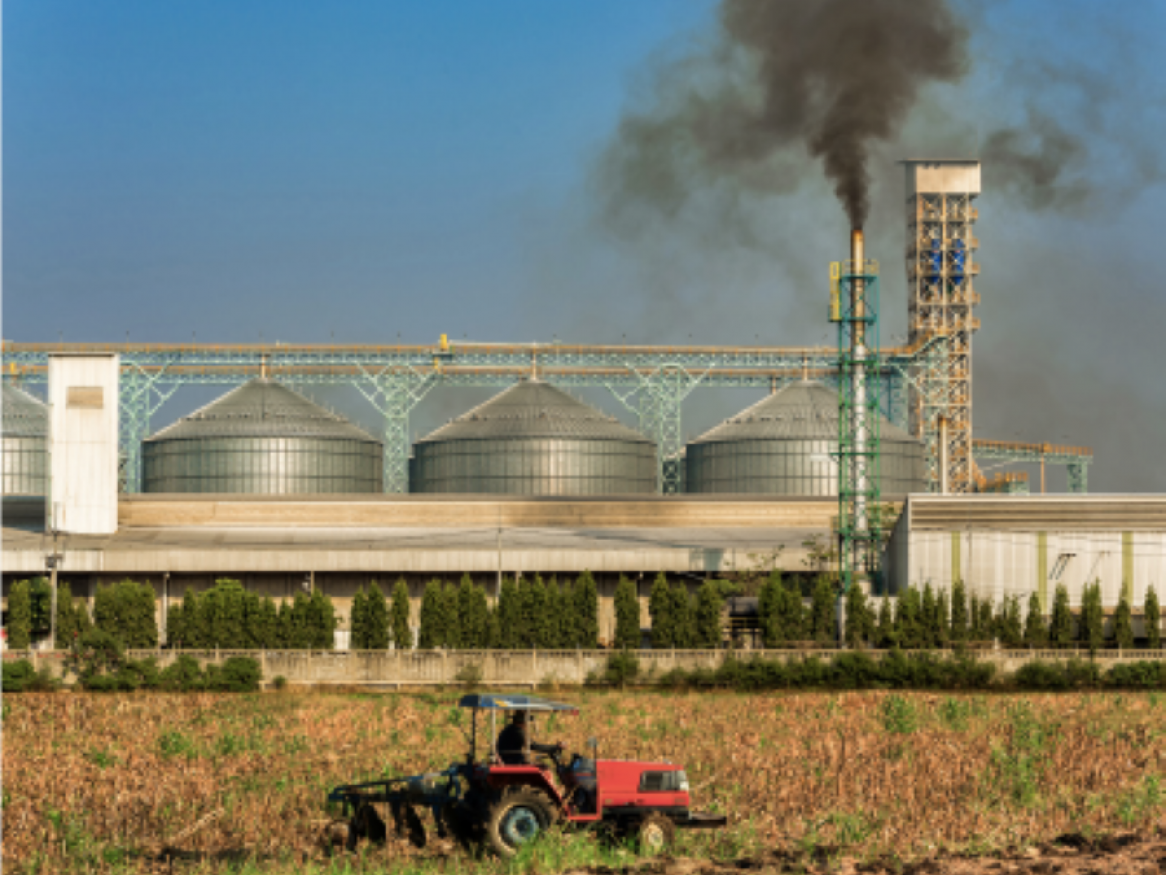
Tim Ryan is completing a Masters in International Trade and Development at the University of Adelaide, and is Manager of Global Trade Development at Meat & Livestock Australia.
Governments around the world are implementing emissions reduction policies to mitigate the impact of global warming, however the application of climate policies will occur at different speeds and depth due to varying levels of development and degrees of ambition. There are inherent dangers from unilateral expansion of carbon tax regimes, not least protectionism, hence this brief argue for a cautious and multilateral approach to carbon taxation.
Jean Monnet Centre of Excellence in Trade & Environment
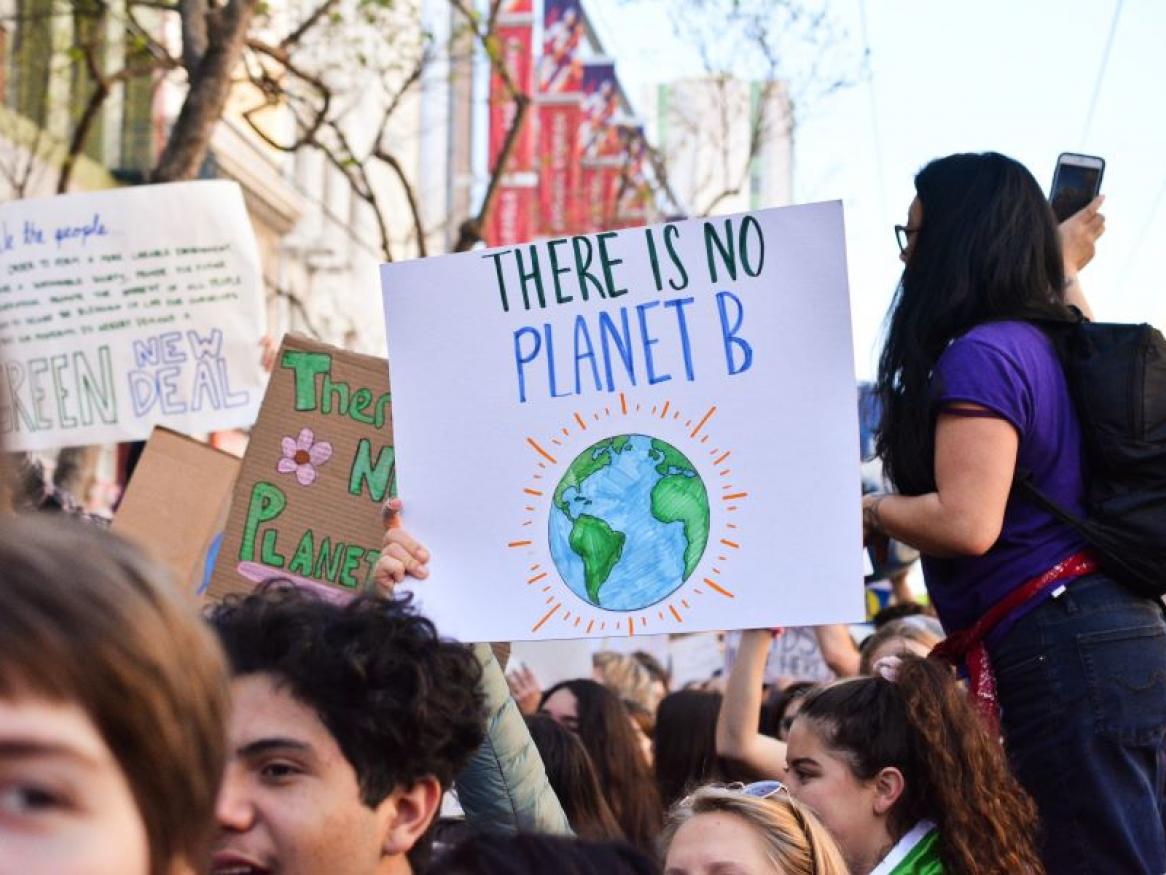
The University of Adelaide, through its Institute for International Trade, has established the Jean Monnet Centre of Excellence in Trade and Environment. Funded by the EU’s Erasmus Plus programme, the COE will work across the University, including its Environment Institute and Institute for Sustainability and Resources, to catalyse research into linkages between international trade and the environment. The COE will also emphasise stakeholder and community engagement to raise awareness of these linkages.
[Read more about Jean Monnet Centre of Excellence in Trade & Environment]
This work is licensed under Commons Attribution-NonCommercial-NoDerivatives 4.0 International License.
IIT is a global leader in researching, analysing and commenting on International Trade.
Stay informed about our up-and-coming seminars, events, publications, awards, new projects and collaborations, and other exciting news.
